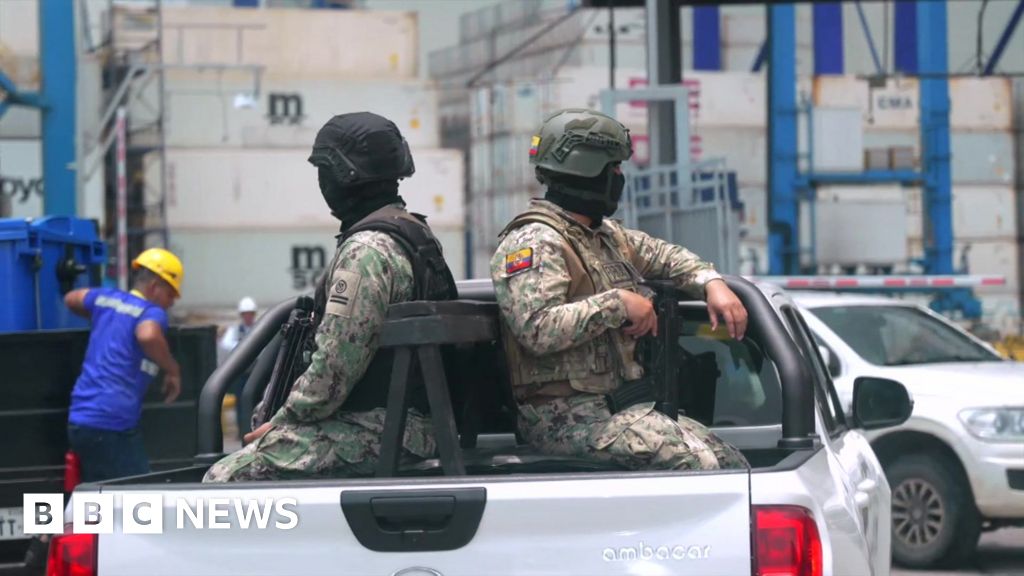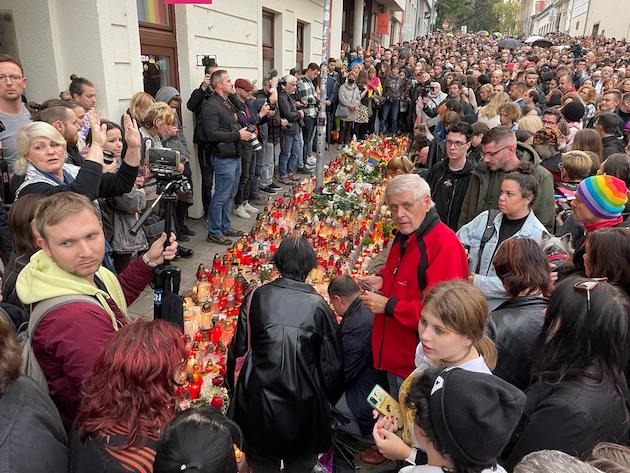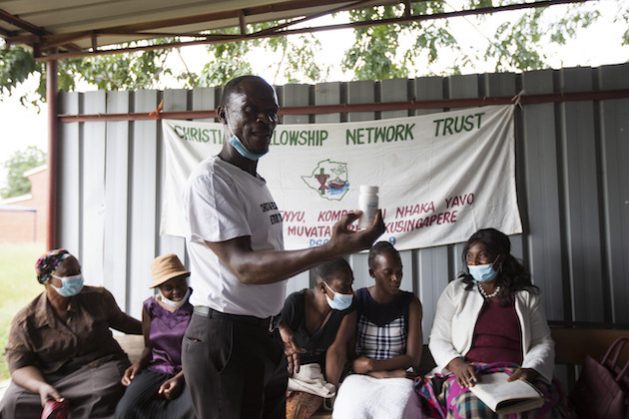Putin and Xi hail ‘stability’ of China-Russia partnership on SCO sidelines | Xi Jinping News
Russian President Vladimir Putin and Chinese leader Xi Jinping have hailed their country’s “partnership” on the sidelines of the Shanghai Cooperation Organisation (CSO), a regional security bloc founded by the duo as a counterpoint to Western might.
Speaking on the sidelines of the summit in Astana, Kazakhstan on Wednesday, both Putin and Xi commended the grouping’s expanding membership, which includes the Central Asian countries, as well as India, Iran and member-in-waiting Belarus. They also continued to portray the China-Russia relationship as a stabilising force in chaotic times.
Putin said the SCO was “strengthening its role as one of the key pillars of a fair multipolar world order”. However, he maintained that the “cooperation is not aimed against anyone, we are not creating any blocs or alliances, we are just acting in the interests of our peoples.”
Speaking during televised remarks in advance of a bilateral meeting with Xi, the Russian leader quickly turned to the relationship between Moscow and Beijing. He said the two countries’ “comprehensive partnership and strategic cooperation are experiencing their best period in history”.
In turn, Xi referenced the “turbulent international situation and external environment” and said Russia and China “should continue to uphold the original aspiration of friendship for generations to come”.
He went on to call Putin an “old friend” and said the countries had laid “plans and arrangements for the next development of bilateral relations”.
The meeting between the leaders – the second in two months – comes as both China and Russia continue to face pressure from the West over their regional policies. During their last meeting in Beijing, the two leaders pledged to deepen ties, while taking veiled swipes at international organisations and blocs including the United Nations, the G20, and the North Atlantic Trade Organization (NATO).
All told, the two leaders have met about 40 times. That included inking a “no limits” strategic partnership just days before Russia invaded Ukraine in 2022.
China has been repeatedly criticised for what the US and Western allies have called its increasingly assertive actions in the Asia Pacific region and its policy towards Taiwan, the self-governing island it claims as its own.
Russia has sought to show it is not isolated on the international stage amid its continuing invasion of Ukraine, despite being the target of a torrent of sanctions and pressure from Western countries.
Shared optics
During the summit, Putin also met Turkish President Recep Tayyip Erdogan, who was among the observer states participating in the summit along with Saudi Arabia and Egypt. Turkey is a NATO member with close trade and finance ties to Moscow and has presented itself as a possible mediator in the Russia-Ukraine war.
The Turkish presidency said Erdogan told Putin that Turkey “can lay the groundwork for a consensus to end the ongoing war between Russia and Ukraine, first with a ceasefire and then with peace”.
“A fair peace that can satisfy both sides is possible,” it added.
Later, Putin’s spokesman said Erdogan could not act as an intermediary in the Russia-Ukraine conflict.
Dmitry Peskov, asked by a Russian television interviewer whether Erdogan could assume such a role, replied: “No, it’s not possible,” Tass news agency reported.
Russia’s close ally Belarus, from which Russia partially staged its invasion of Ukraine, was also set to formally join the SCO on Thursday.
In an interview with Kazakh state media, Belarus’s President Alexander Lukashenko said the group was “demonstrating to the world that there are alternative international platforms, different centres of power”.
But many of the interests of the member countries have remained stubbornly divergent since the SCO’s founding in 2002.
Moscow and Beijing have competed for influence in Central Asia, which includes former Soviet republics Kazakhstan, Kyrgyzstan, Tajikistan, Turkmenistan and Uzbekistan. Only Turkmenistan is not a member of the SCO.
Despite decades of Russian influence, the resource-rich region has been key to Beijing’s major economic and trade projects, including its flagship Belt and Road infrastructure project meant to strengthen global trade routes to China.
Speaking to The Associated Press news agency, Nigel Gould-Davies, a senior fellow for Russia and Eurasia with the International Institute for Strategic Studies in London, noted the SCO has “significant security differences between its members”.
However, he said the organisation’s “principal value” was in the optics of non-Western countries coming together.
Check out our Latest News and Follow us at Facebook
Original Source







